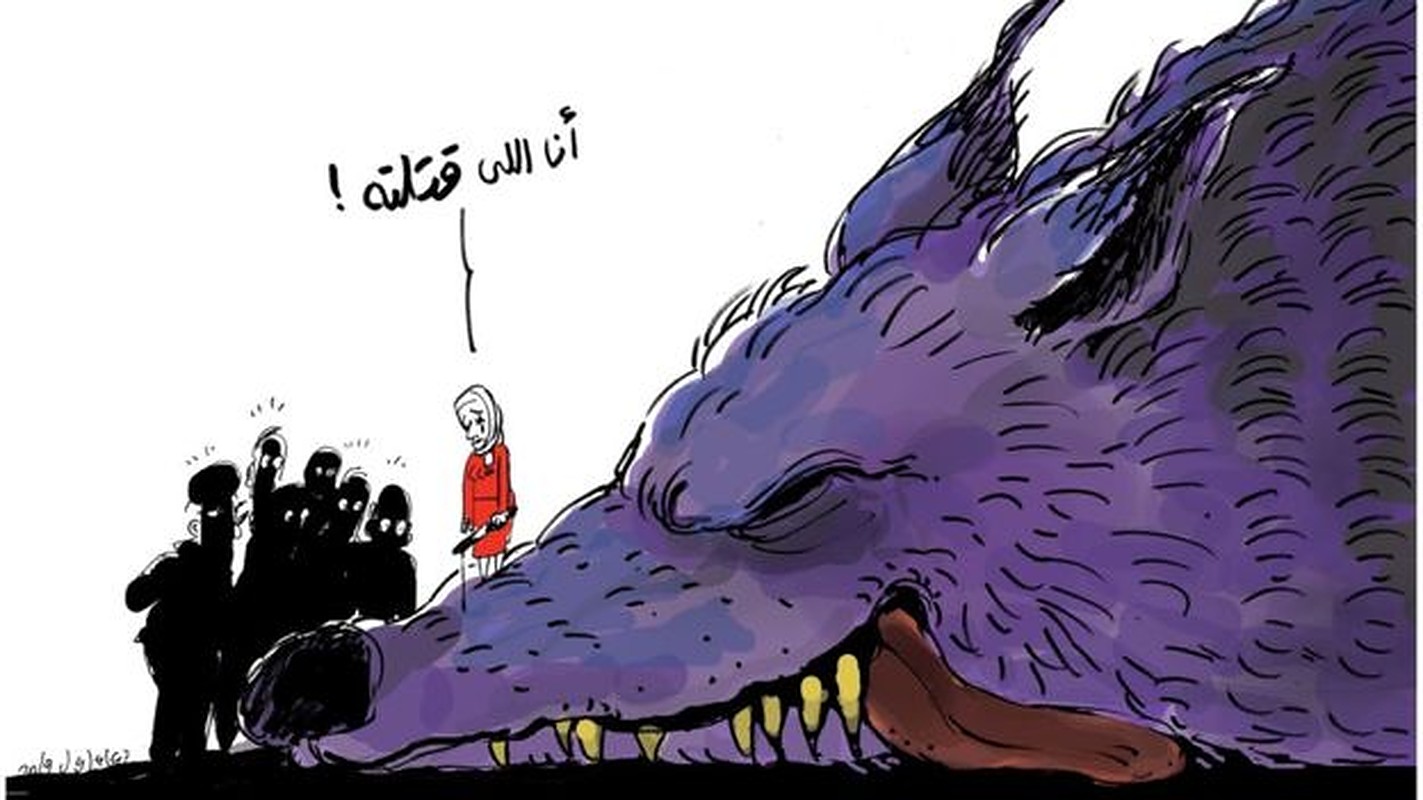After a prolonged court case that captured the attention of media and divided public opinion since July, Egypt’s Public Prosecution cleared 15-year-old Amira Ahmed Rizk, of all murder charges. The decision was announced by Egyptian prosecutor Hamada al-Sawy, according to a press release. The young girl, often reffered to as ‘Ayyat girl’, killed a man who she claimed was attempting to rape her thus legitimizing her actions on the basis of self-defense. On popular TV program ‘Every Day’ hosted by Wael El Ebrashy, Amira narrated the incident, stressing that the attempted rape was part of a large abduction narrative. She explained that her phone was purposefully taken by a previous colleague, in Giza, to lure her to an intended location with the help of the microbus driver. Realizing that she wouldn’t be able to retrieve her phone, she attempted to return to her home in Fayoum with the help of a microbus driver who offered to take her to the nearest stop, near an Ayyat filling station. However, upon finding herself alone with the driver on the road, the 22-year old stranger tried to rape her. Amira then feigned consent…
15-Year-Old Victim of Attempted Rape Cleared of Murder Charges
November 14, 2019




